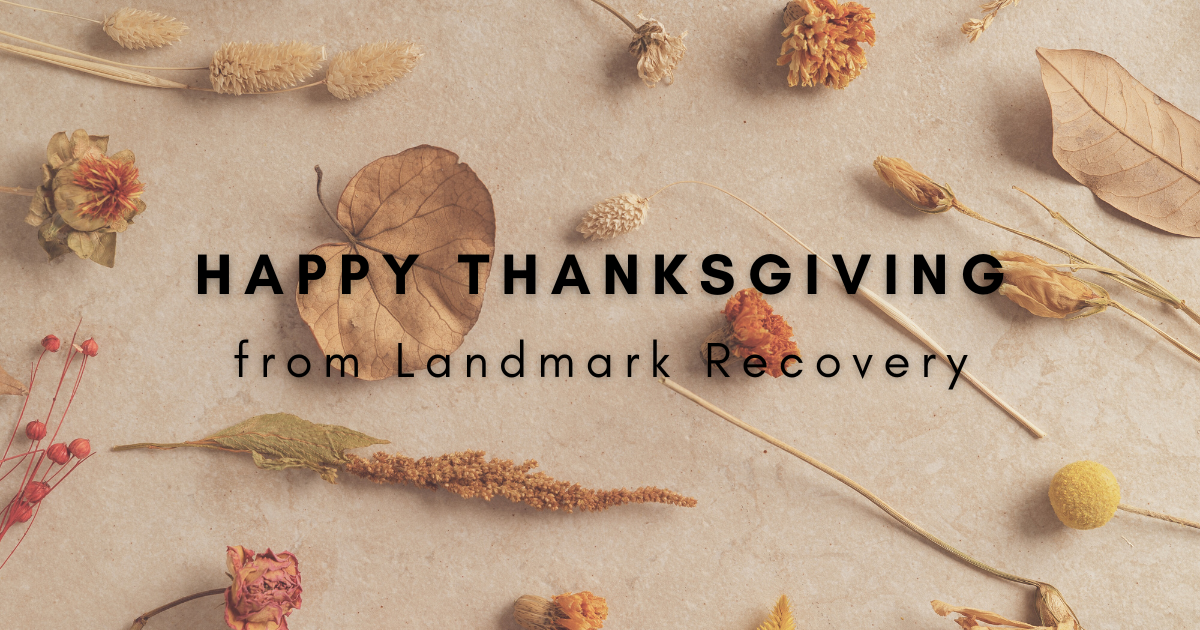Understanding how insurance companies cover drug and alcohol addiction treatment is understandably confusing. Some plans cover outpatient care, but not inpatient. Others limit or omit coverage of things like medication-assisted treatment or counseling. Despite recent attempts by government leaders to make insurance coverage of addiction treatment more unified, there is vast room for improvement.
Insurance has always been one of the most lucrative industries in the U.S. economy, largely due to cost-control mechanisms. Some industry experts think those mechanisms exacerbate the opioid crisis by restricting access to medications that treat addiction. This is one of several ways insurers appear to be disregarding laws that require mental and physical health benefits to be equally represented in certain categories of health care plans.
Industry Cost Controls and Opioid Epidemic
Medication-assisted treatment for addiction is an increasingly acceptable idea to medical professionals, especially for treating opioid use disorder and alcoholism. Nevertheless, a research team from Oregon Health & Science University (OHSU) in Portland, Ore. published findings in 2019 that the insurance industry’s rules restrict buprenorphine among Medicare beneficiaries between 2007 and 2018. Buprenorphine’s been FDA-approved since 2002 for relieving withdrawal symptoms by acting on the same parts of the brain targeted by opioids and heroin.
The team evaluated formulary files maintained by Medicare Part D prescription drug plan for the rate of pre-authorization requirements. Those requirements are what insurers often use to limit access to certain drugs, so they double as cost controllers. It turns out that 54% of insurance plans that provide buprenorphine without restriction disappeared between 2007 and 2018. This contrasted starkly from plans providing the very opioids driving the epidemic. No less than 93% of plans had unrestricted coverage for prescription opioids.
“Buprenorphine is a safe and effective treatment that decreases deaths duets opioids and stops heroin and other opioid use. People on buprenorphine are able to get their lives back together,” said co-author Dr. Todd Korthuis. He’s an OHSU professor of general internal medicine and geriatrics. He also teaches public health and preventative medicine. “Medicare insurance companies are making it increasingly difficult to prescribe buprenorphine while making it easy to prescribe opioid pain medications that contributed to the opioid epidemic.”
Addiction Treatment Insurance Coverage Disparity
Shuttering buprenorphine is just one of many examples of how the insurance industry devalues mental health. Another example is how few plans have enough in-network providers to fulfill their members’ needs in a given area. This is called “network adequacy.” This part of the problem has been addressed by several laws already, including the Clinton-era Mental Health Parity Act of 1996, Bush-era Mental Health Parity Act of 2008 and Obamacare. They all mandate that certain types of plans provide mental and physical health benefits equally. However, insurers still don’t cover mental health the way they should.
This part of the problem has been addressed by several laws already, including the Clinton-era Mental Health Parity Act of 1996, Bush-era Mental Health Parity Act of 2008 and Obamacare. They all mandate that certain types of plans provide mental and physical health benefits equally. However, insurers still don’t cover mental health the way they should.
Inadequate provider networks end up discriminating against people based on the type of care they need. They force plan members to wait a long time for treatment, which can be detrimental. They compel plan members to travel far in search of in-network providers, which is costly and not always an option. The alternative, of course, is to see providers outside their networks and eat exorbitant out-of-pocket costs.
Behavioral Health’s Also Understaffed
To be fair, the National Alliance on Mental Illness has attributed some of the problem to a national shortage of mental health professionals. This is more of a problem in some areas of the country than in others. NAMI gave greater focus, however, to network inadequacy.
“Many mental health and substance use providers do not accept insurance because they do not get paid enough by insurance companies for their services,” according to NAMI.
What’s interesting is that a study published the same year as the OHSU study compared behavioral health office appointments to primary care visits. The former proved five times more likely to be an out-of-network visit. That inherently makes mental health more expensive than physical health when the rubber meets the road for patients. In 2016, the NAMI also found people had a lot more problems finding in-network providers of mental health care than general or specialty practitioners. That study chronicled a staggering number of instances in which venturing out of network was the only option.
Does this Mean the Problem’s Systemic in the Insurance Industry?
“Many people still believe that medication treatment isn’t really recovery,” Dr. Korthuis said. “Overwhelming scientific evidence supports that medicines like buprenorphine are far more successful and safer than abstinence-only approaches. Buprenorphine saves lives. Abstinence-based approaches don’t.”
Insurers appear to be the holdouts, still adhering to the idea that mental health isn’t as important as physical health. Skepticism of medication-assisted treatment for addiction recovery unsurprisingly costs far more than quitting cold turkey. However, data suggests quitting cold turkey doesn’t work. The expense of medication-assisted treatment comes from big-pharma costs that insurers notoriously don’t cover without so-called “Cadillac insurance” plans.
Litigating & Legislating Insurance Coverage Equity
The question is: why’s that still the case if mental health parity regulations exist? Since at least the mid-90s, it’s historically been an enforcement issue. From 2014 to Q1 2015, then-Attorney General Eric Schneiderman of New York secured five major settlements by enforcing these regulations. This was then considered “an unprecedented enforcement effort of mental health parity laws.” That fifth settlement was an agreement with Excellus Health Plan, a Rochester, N.Y.-based subsidiary of Blue Cross Blue Shield Association. Excellus held in 2015 some 1.5 million members, making it upstate New York’s biggest health plan.
Schneiderman’s team investigated and found that Excellus denied inpatient substance use disorder rehabilitation recovery services seven times as often as inpatient medical services.
“My office has taken an aggressive approach to enforcing mental health parity laws that I hope can serve as a national model,” Schneiderman said. “Mental health and addiction recovery treatments must be regarded the same as other health insurance claims under the law. We will continue to take on those who ignore the law and reinforce the false and painful stigma often associated with these ailments.”
More recently, Q1 2022 saw the California state legislature bring a bill to the floor that aims to enforce mental health parity. A few other states (e.g. Maine, New Hampshire, Virginia, Tennessee, etc.) already have their own mental health parity laws, though advocates criticize those regulations as still falling short. The California Residential Substance Use Disorder Treatment Patient Safety and Fairness Act took an interesting approach. It aimed to remove financial incentives to hindering addiction treatment. As of Sept. 25, the bill — introduced by Sen. Dave Cortese — was vetoed by Gov. Gavin Newsom.

Choose Recovery Over Addiction
We're here 24/7 to help you get the care you need to live life on your terms, without drugs or alcohol. Talk to our recovery specialists today and learn about our integrated treatment programs.




